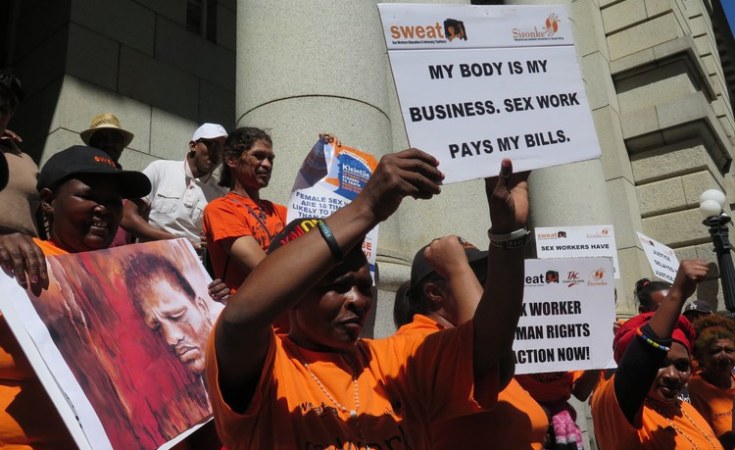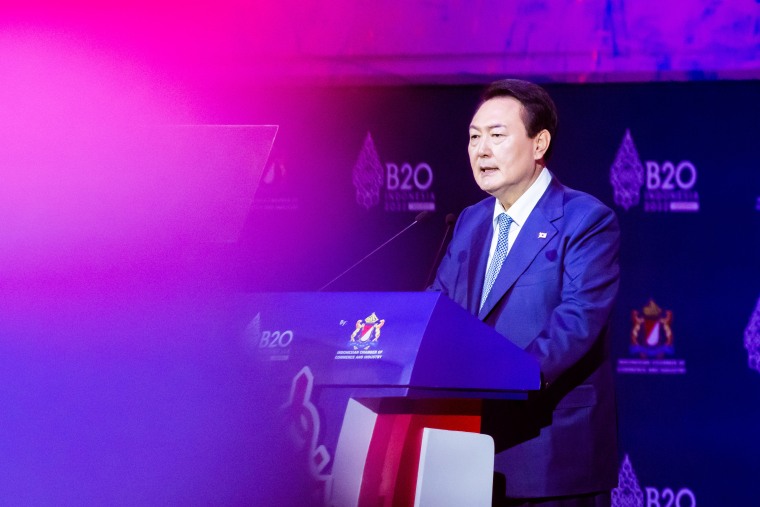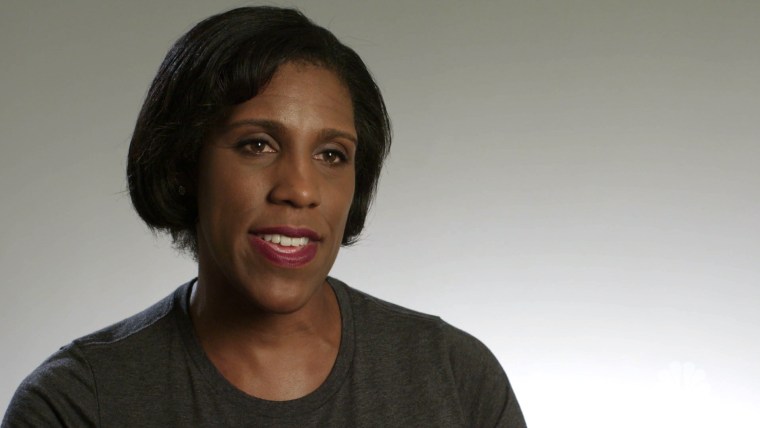Ben Shapiro absurdly says that the Left supports gay marriage to undermine families and turn us into “atomized individuals.”

Matt Walsh and Ben Shapiro speak at Daily Wire Presents Backstage Live at Ryman Auditorium, on October 12, 2021 in Nashville, Tennessee. (Keith Griner / Getty Images)
BYBEN BURGIS
Jacobin
With a bipartisan majority of sixty-two to thirty-five, the Senate voted this week to advance the Respect for Marriage Act, which protects same-sex marriage from a judicial reversal like this summer’s Supreme Court ruling on abortion. In response to Justice Clarence Thomas’s hint that the 2015 Obergefell v. Hodges decision invalidating state laws against same-sex marriage might be the next on the chopping block after the court overturned Roe v. Wade, the Respect for Marriage Act enshrines marriage equality into law.
And that has popular conservative commentator Ben Shapiro fuming. He has insisted that no one who thinks marriage can be “redefined” to include gay couples belongs in the Republican Party, and framed support for equality as part of a left-wing agenda to undermine the family and reduce the citizenry to “atomized individuals” with no relationship to any social institution except for the state. In one particularly bizarre rhetorical flourish, Shapiro said that even Martians would oppose undermining marriage and family by letting gay couples in the club.
Every part of this is nonsense. Marriage isn’t undermined by letting more people get married, and the Left has no interest in turning people into family-less atomized individuals. Unlike Shapiro, we aren’t interested in telling people how to conduct their personal business. But we do want to create a more equal society that meets everyone’s material needs — and in so doing provide a foundation of economic security that will support anyone who does want to get married and start a family.
Ben Shapiro and the Visitors From Mars
In the decades before Obergefell, adamant opposition to gay marriage was a winning issue for the Right. Culture warriors like Rick Santorum, who infamously compared letting gay couples get married to allowing “man on dog” marriages in a 2003 interview, reveled in the controversy. Even the supposed “compassionate conservative” George W. Bush used anti-same-sex marriage ballot initiatives to get out the conservative vote in the 2004 election.
Democrats back then didn’t show much courage on the issue. For example, Hillary Clinton and Barack Obama both opposed marriage equality when they were running for president in 2008. But public opinion had shifted dramatically by the time the Supreme Court acted in 2015. By 2011, about 60 percent of the public supported equality. Now that number is north of 70 percent — including 55 percent of Republicans.
Unsurprising, then, that the vote to advance the Respect for Marriage Act was bipartisan. Thirty-five Republicans opposed it, but twelve broke ranks to vote with Democrats. Even some conservatives who oppose the law have pretended that their issue isn’t with same-sex marriage per se, but “religious liberty” for churches that oppose it. (Reality check: No law about civil marriage forces any church to do anything, and the Respect for Marriage Act specifically says that no church is required to perform same-sex ceremonies.)
But Ben Shapiro will have none of this evasion. In fact, he’s angry at progressives for assuming that the “argument for marriage,” by which he means the argument against letting gay people get married, must have a religious basis. Here’s what he said in a conversation with fellow conservative Matt Walsh:
I’m highly annoyed by the constant derogation of nonreligious arguments into religious arguments. This is what the Left loves to do. They love to say, you’re pro-life? The reason you’re pro-life is because of your crazy religion. So maybe we can respect your crazy religion. Well that is not the argument for marriage. The argument for marriage has literally nothing to do with religion. You could be a — a visitor from Mars — and you could see that human procreation relies on man woman child. This is not particularly difficult stuff.
Speaking for myself, following the thread of this argument actually does strike me as fairly difficult stuff. Does Shapiro think that straight couples will have fewer kids because gay couples are allowed to get married? Does he think married gay people would marry and procreate with people of the opposite sex if only the state withdrew legal recognition from their current marriages? Does he know about adoption and in vitro fertilization?
It’s true enough, as Shapiro has bemoaned, that some people will simply choose not to get married in a society that doesn’t trap people in loveless marriages by making it difficult to get divorced or forcing women to economically rely on men, and that even married straight couples with access to birth control don’t always choose to have kids. That’s called “freedom,” and it’s a good thing.
Real “Pro-Family” Policy Doesn’t Require Dissolving Anyone’s Marriage
Not everyone wants the same thing out of life, and that’s fine. But more than enough humans want to start families. No matter how much our society liberalizes on such questions, the visitors from Mars don’t have to worry about having a continuous supply of humans to probe.
In fact, a great many Americans who would love to have kids (or have more kids) don’t do so for straightforwardly economic reasons. A survey published by the New York Times four years ago found that, among people who had or expected to have fewer kids than they wanted, by far the most common reason was “child care is too expensive.” In fact, six of the top seven reasons — respondents were allowed to select multiple reasons — were straightforwardly economic.“Child care is too expensive” (64 percent)
“Want more time for the children I have” (54 percent)
“Worried about the economy” (49 percent)
“Can’t afford more children” (44 percent)
“Waited because of financial instability” (43 percent)
“Not enough paid family leave” (39 percent)
“No paid family leave” (38 percent)
To the extent that many of the respondents saying “want more time for the children I have” would have more time if they could afford reduced working hours, that takes us from six to seven. The United States is the only country in the developed world, and one of the only countries of any kind, that doesn’t legally mandate that employers give people even one lousy day a year of paid vacation.
If these people aren’t having as many kids as Ben Shapiro, it’s not because marriage and family have somehow been devalued by giving gay people equal rights. It’s because we live in a neoliberal hellscape. Our society does indeed reduce people to atomized individuals, but the Left is not responsible for that — in fact, a Left agenda seeks to directly address this problem by securing higher wages, better conditions and benefits, and more free time for working people.
At least if we’re talking about the actual Left, not just “anyone to the left of Ben Shapiro,” the Left wants people to have paid vacation and paid family leave and universal daycare. And for anyone who does want to be a stay-at-home parent, we want a strong labor movement to win everyone the kind of wages that it would take to make single-parent households — or households where one or both parents work part-time so they can spend more time with their kids — a more realistic possibility for a wider range of the population.
If you want to actually help people start families, that’s what it looks like. You don’t need to legally dissolve gay people’s marriages to make any of that happen. And you can leave the Martians out of it.
CONTRIBUTORS
Ben Burgis is a Jacobin columnist, an adjunct philosophy professor at Morehouse College, and the host of the YouTube show and podcast Give Them An Argument. He’s the author of several books, most recently Christopher Hitchens: What He Got Right, How He Went Wrong, and Why He Still Matters.













